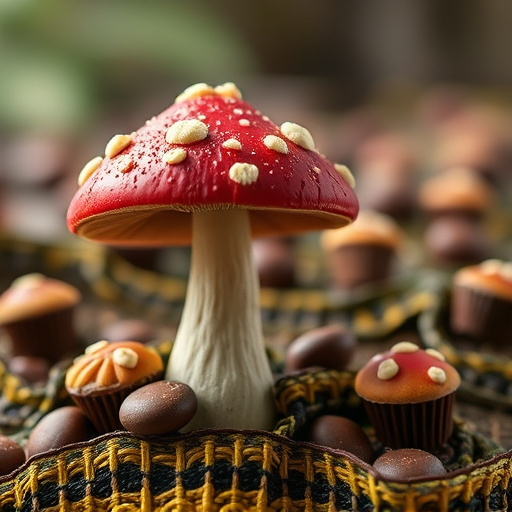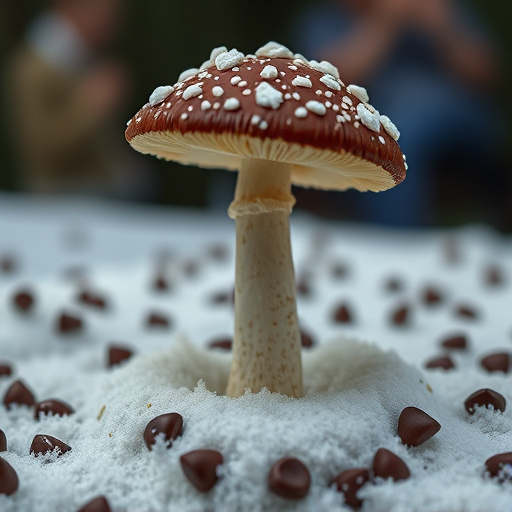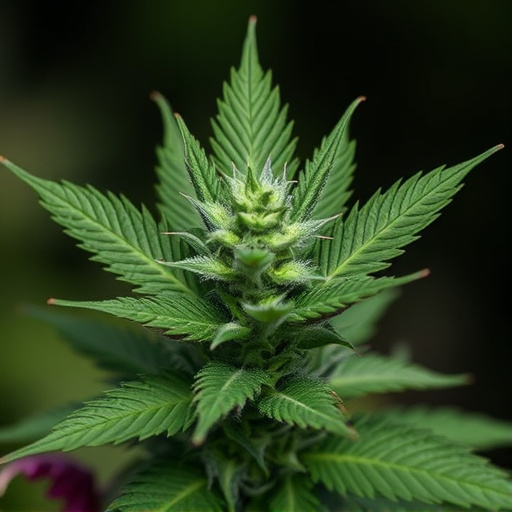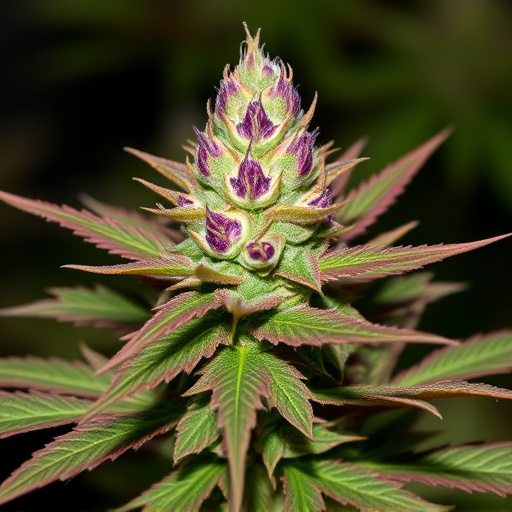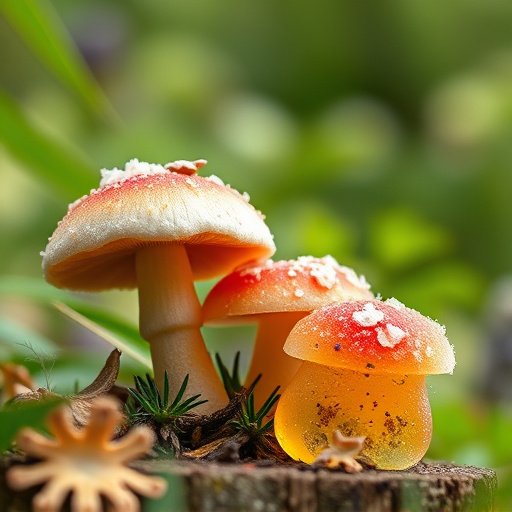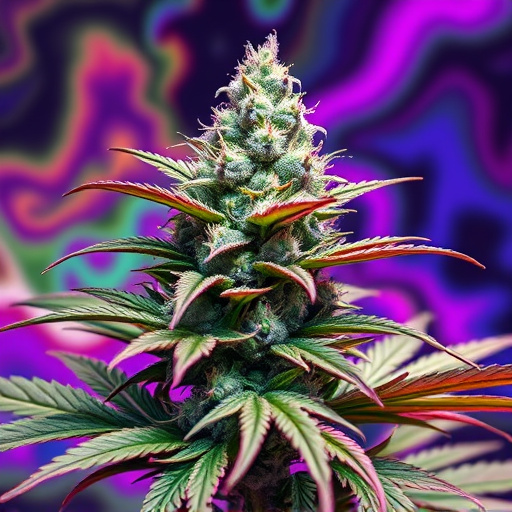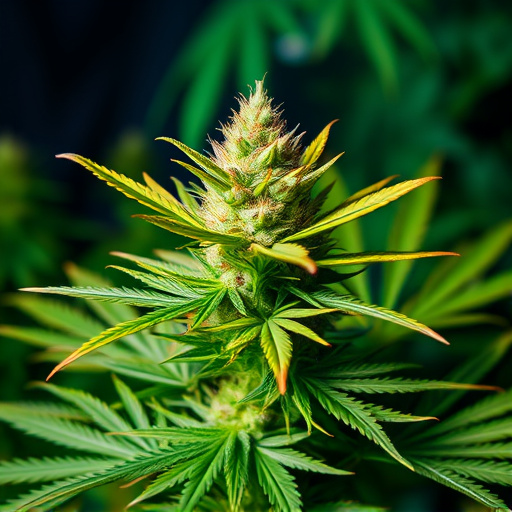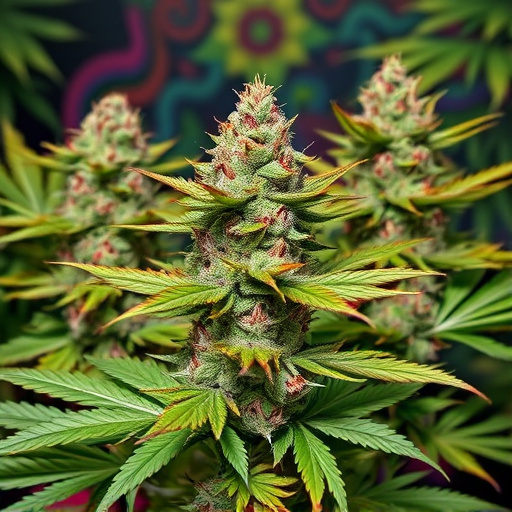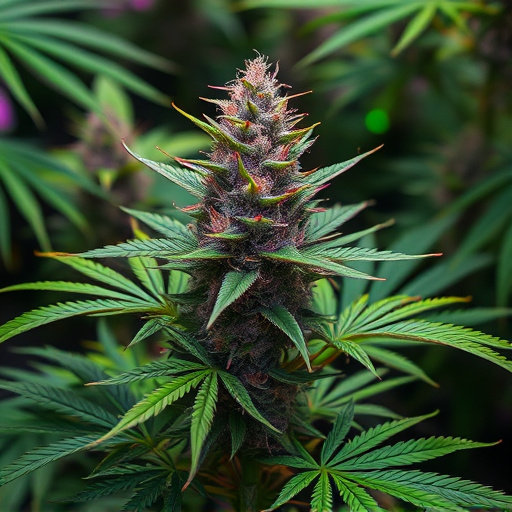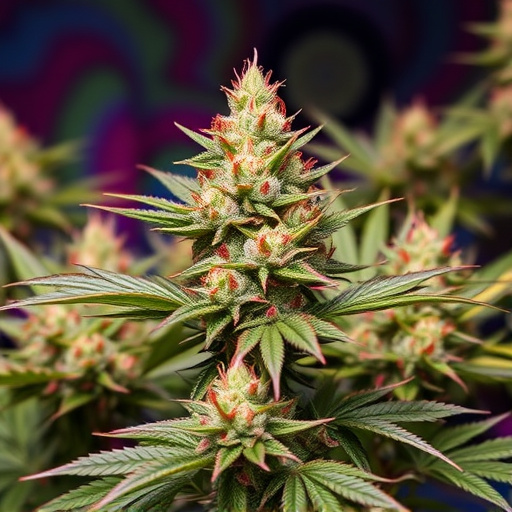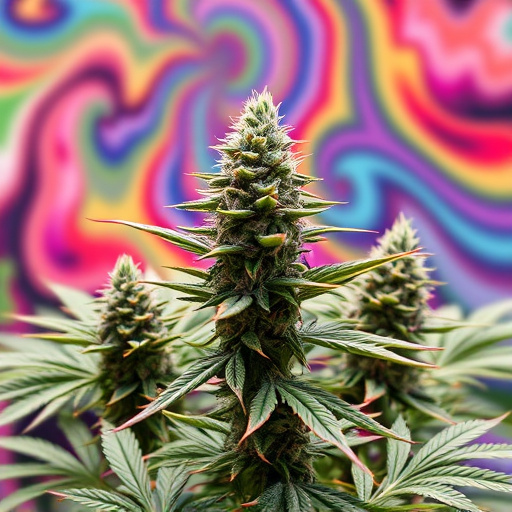Psychedelic cannabis strains offer diverse user experiences due to their unique genetic makeup and cannabinoid profiles. Higher THC levels induce potent effects like euphoria and altered thinking patterns, while specific genetic lines may produce aromatic terpinenes that further influence mood. Individual responses vary based on biological factors (e.g., CB1 receptor density) and metabolic processes, as well as environmental and consumption factors like strain content, cultivation conditions, and method of use, making each person's interaction with psychedelic cannabis strains distinct.
Explore the multifaceted world of cannabis effects, where various factors intertwine to shape the experience. From a strain’s genetic composition and its cannabinoid profile to individual biological differences in metabolism, each plays a pivotal role. Environmental influences and consumption methods further add complexity. Uncover how these elements contribute to the diverse experiences associated with psychedelic cannabis strains, offering insights into why two people can react so uniquely to the same variety.
- Genetic Composition and Cannabinoid Profile
- Individual Biology and Metabolism
- Environmental and Consumption Factors
Genetic Composition and Cannabinoid Profile
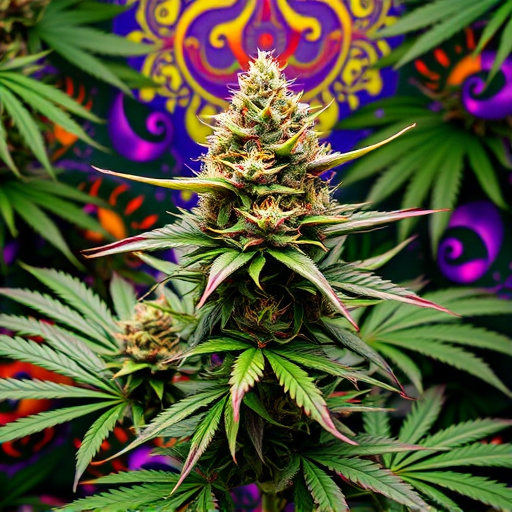
The genetic composition and cannabinoid profile of cannabis plants play a significant role in determining the effects experienced by users, particularly with psychedelic cannabis strains. Each strain possesses unique genetic traits that influence the types and concentrations of cannabinoids present, such as THC (tetrahydrocannabinol) and CBD (cannabidiol). These cannabinoids bind to our body’s endocannabinoid system, evoking various physiological and psychological responses.
Psychedelic cannabis strains, known for their potent effects, often have higher levels of THC, the primary psychoactive compound responsible for feelings of euphoria, enhanced sensory perception, and altered thinking patterns. Certain genetic lines may also produce more terpinenes, a class of aromatic compounds that can modify the overall experience by influencing mood and potentially enhancing specific cannabinoid interactions within the body.
Individual Biology and Metabolism
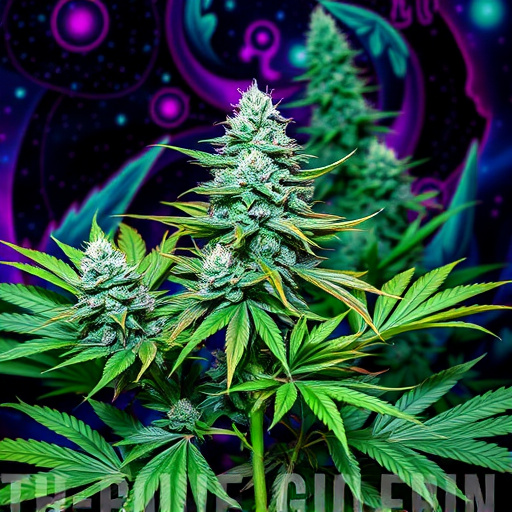
The effects of cannabis can vary greatly from person to person, and a significant contributor to this variability is individual biology and metabolism. Everyone’s body metabolizes cannabis compounds differently due to genetic factors. For instance, some people may have a higher density of CB1 receptors in their brain, which are responsible for binding THC (tetrahydrocannabinol), the primary psychoactive compound in cannabis. This can lead to more intense psychological effects for those individuals when they consume psychedelic cannabis strains.
Additionally, metabolic processes play a crucial role. The way your body breaks down and absorbs cannabis compounds affects how you feel. Some people have faster metabolisms that may result in quicker dissipation of THC, leading to shorter-lasting but potentially stronger initial effects. Conversely, slower metabolism can cause more prolonged and subtle experiences. These biological variations contribute to the diverse range of responses people have when consuming psychedelic cannabis strains.
Environmental and Consumption Factors
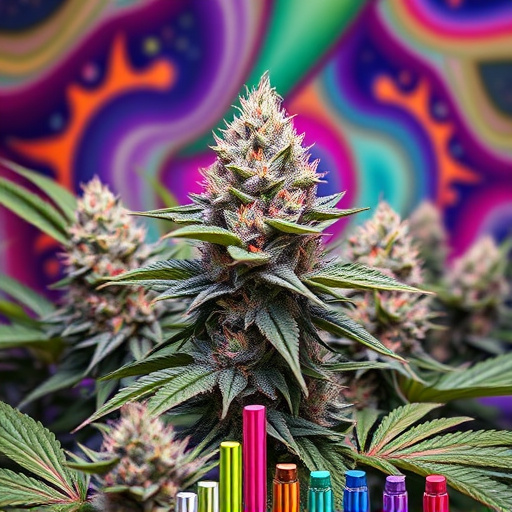
The effects of cannabis can be significantly influenced by various environmental and consumption factors, adding complexity to its overall impact. One key consideration is the environment in which it’s grown and consumed. Different strains, like psychedelic cannabis strains, can have varying levels of THC (tetrahydrocannabinol) and CBD (cannabidiol), which are primary cannabinoids known for their distinct effects. The cultivation process plays a crucial role; factors such as light exposure, climate, soil quality, and the use of organic or synthetic fertilizers can all impact the chemical composition of the plant.
Consumption methods also contribute to the experience. Inhaling cannabis through smoking or vaping allows for faster onset and potent effects, while edibles offer a more gradual and prolonged high. The setting where cannabis is consumed—whether at home, outdoors, or in social settings—can influence the perceived intensity and quality of the experience. Additionally, individual tolerance, previous exposure to cannabis, and overall mental state can moderate how one responds to specific strains, further emphasizing the multifaceted nature of cannabis effects.
Understanding the multifaceted nature of cannabis effects is key to navigating the diverse experiences offered by psychedelic cannabis strains. From a plant’s genetic composition and cannabinoid profile, to individual biological variations in metabolism and environmental influences on consumption, these factors collectively shape how we interact with this complex plant. By recognizing these influences, consumers can make informed choices, ensuring a safe and enhanced journey into the world of cannabis.

